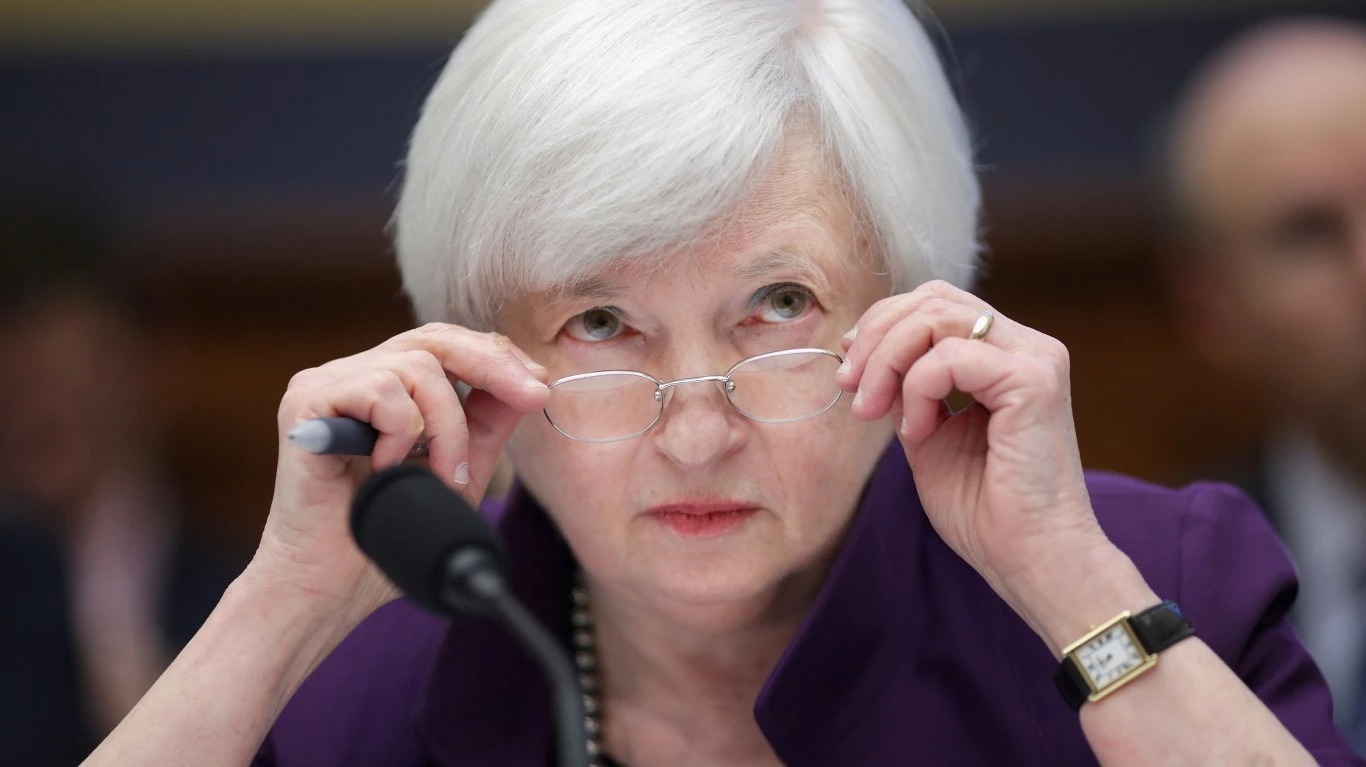
In today’s edition:
— The debt ceiling crisis in Washington looms over Biden’s climate agenda as spending cut pressures mount
— The chaos surrounding Lordstown Motors shares this week is spreading to others
— Texas and 18 other states are charging annual fees for EVs to make up for lost gas taxes
— It’s Christmas in April for this Louisiana wildlife refuge
— El Niño has U.S. hurricane forecasters scratching their heads this year
The looming debt ceiling crisis in Washington D.C. is set to create a volatile, politically driven May for President Joe Biden’s climate agenda and renewable energy stocks, after Treasury Secretary Janet Yellen said the country could run out of money as soon as June 1.
While Biden has so far refused to seriously engage Republicans on their plan to cut costs before raising the debt limit, with a deadline now set it will be difficult for him to avoid at least going through the motions, or more.
House Speaker Kevin McCarthy (R-Calif.) wants a variety of what the Democrats think are no-go spending cuts in exchange for helping raise or suspend the debt limit, but increasingly the focus is on the president’s climate bill last year. Powerful Democratic Senator Joe Manchin (D-W. Va.), who helped sponsor the Inflation Reduction Act, which enacted $391 billion in subsidies and spending for renewable energy projects last year, has turned against it and last week even threatened to vote to repeal his own bill because of what he claims are irresponsible spending strategies now that it’s law.
Attacked from both sides, Biden and team will be under intense pressure to craft some sort of plan to rein in spending instead of just standing firm and hoping to call McCarthy’s bluff at the last minute. A meeting is tentatively scheduled for next week, though it is not clear what will be negotiated. A Democratic alternative in the Senate to raise a clean debt ceiling is an opening bid, but won’t be enough.
The U.S. government has been in these types of tense debt standoffs before, and they have always been resolved, sometimes at the last minute. But as advisers on both sides look for a deal of some sort, parts of the climate law are clearly in the crosshairs.
Subscribe to Callaway Climate Insights to keep reading this post and get 7 days of free access to the full post archives.





